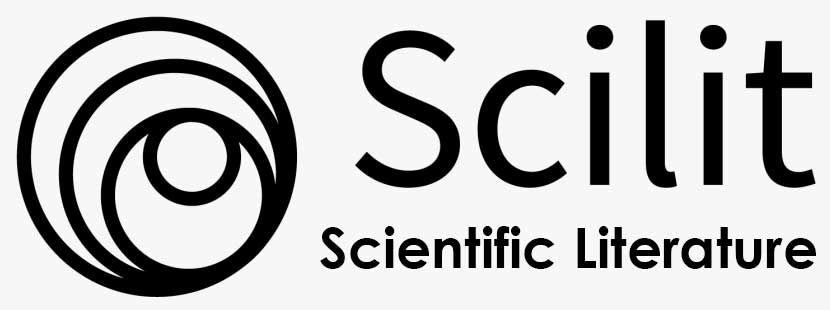Designing a Model of Tourism Village by Augmenting Language and Tourism Awareness as an Attempt to Increase Local Economy in Batu
DOI:
https://doi.org/10.21776/ub.ijleg.2017.003.01.2Abstract
As one of the efforts to awaken the local economy of Batu, this study offers a model of language and tourism awareness-based-tourism village that is establishing a tourism community that actively supports the government tourism programs. On the basis of the need analysis of the local people, a material for learning English for tourism and a model of tourism village were set up in the first year of the study. The programs in the second year of the study focus on the development and implementation of the tourism community. This community works on increasing communication skills and tourism awareness among the community consisting of a group of tourism awareness, the youths and businessmen. A visit and training plan in the form of Focus Group Discussion (FGD) has already been implemented in the four villages in Batu namely Punten, Tulungrejo, Sumberejo and Pandanrejo. This community is established to increase the local people income which is expected to influence the global income of the village. The results show that the four villages agree with the idea of training and building a tourism community in Batu.
Keywords: developing a model of tourism village, communication skill awareness, tourism awareness, local economy, Batu city
References
Brandes, D. and P. Ginnis. 1986. A Guide to Student Centered Learning. Oxford: Blackwell.
Budiawan. 2008. Pengaruh Language Attitude dan Motivasi Belajar Bahasa Terhadap Prestasi Pada Mata Pelajaran Bahasa Indonesia dan Bahasa Inggris Siswa Se SMA Bandar Lampung. Unpublished Thesis. Fakultas Ilmu Budaya Universitas Indonesia.
Dick, W. & I. Carey. 1990. The Systematic Design of Instruction, 3rd ed. USA: Harper Collins.
Lea, S. J., D. Stephenson, and J. Troy. 2003. Higher Education Students’ Attitudes to Student.
Creswell, J. W., Plano Clark, V. L., Gutmann, M. L., & Hanson, W. E. 2003. Advanced Mixed Methods Research Designs. In A. Tashakkori & C. Teddlie (Eds.), Handbook of mixed methods in social and behavioral research (pp. 209–240). Thousand Oaks, CA: Sage.
Creswell, J. W., Plano Clark, V. L., Gutmann, M. L., & Hanson, W. E. 2003. An Expanded Typology for Classifying Mixed Methods Research Into Designs. Thousand Oaks, CA: Sage.
Manurung, Konder. 2002. Maximizing the Use of Language Learning Strategies in Self-Access Centres. La Trobe University-Victoria. Unpublished Ph.D thesis.
McCombs, B. L., & Miller, L. 2007. Learner-centered classroom practices and assessments: Maximizing student motivation, learning, and achievement. Thousand Oaks, CA: Corwin Press.
Saville-Troike. 2006. Social Contexts of Second Language Acquisition. In Introducing Second Language Acquisition (pp. 99-132). Cambridge UK: Cambridge University Press
Sheerin, Susan. 1989. Self-access Resource book for teachers. Oxford: OUP.
Sastrayuda, G. 2010. Konsep Pemberdayaan Masyarakat Berbasis Pariwisata. Concept Resort and Lisure, Strategi Pengembangan dan Pengelolaan Resort and Leisure.
______, Centered Learning: Beyond ‘educational Bulimia’. Studies in Higher Education 28(3), 321–334.
______, Making Tourism More Sustainable - A Guide for Policy Makers, UNEP and UNWTO, 2005, p.11-12
______, Pengertian Kelompok Tourism Awareness. http://kariswisatasemarang.blogspot.com/2014/04/kelompok-sadar-wisata-pengertian.html



















